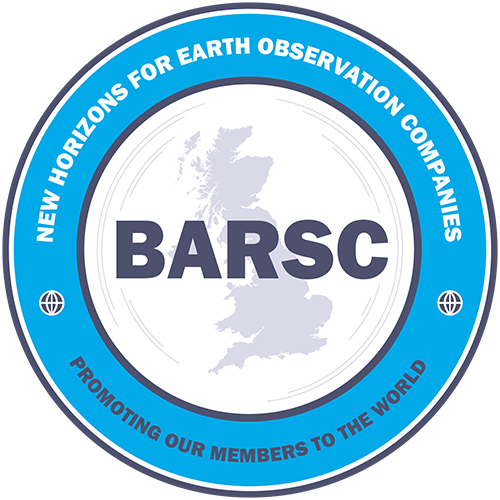International space projects in robotics, disaster relief and space debris could be among the new pioneering collaborations backed by £5 million of new Government funding.
 Through the Government’s new domestic space fund, the National Space Innovation Programme, the UK Space Agency will fund innovative technologies and services to support UK trade, science, and security with major space players like Australia, France, Japan and the United States.
Through the Government’s new domestic space fund, the National Space Innovation Programme, the UK Space Agency will fund innovative technologies and services to support UK trade, science, and security with major space players like Australia, France, Japan and the United States.
Funding – from £250,000 to £2.5 million – will be given to the best international collaborative projects from UK industry, academia and research organisations.
Science Minister Amanda Solloway said: “The UK’s space sector is playing a critical role in tackling some of the world’s greatest challenges – from monitoring climate change to providing vital relief for countries affected by natural disasters.
Today’s funding will provide the UK’s leading space scientists and researchers with an international platform to continue fulfilling the incredible potential of space technology, working collaboratively with our global partners, while boosting UK space exports and creating skilled jobs.”
Potential projects cover a huge range of space activities, from tackling space debris with new monitoring technologies to using Earth Observation satellites to track issues like climate change, and space science and satellite applications to provide expert disaster relief assistance.
Alice Bunn, International Director at the UK Space Agency, said: “This funding is an important step to growing the UK space sector’s influence on the global stage.
There are over 100 space faring nations across the world now, many of which are looking to collaborate with the UK. This funding enables us to seize those opportunities and develop them, creating high-skilled jobs and boosting our economy.”
This funding builds on the UK Space Agency’s existing work on the world stage. In June the UK and US governments signed an agreement which paves the way for US companies to operate from UK spaceports and export space launch technology, as the UK aims for the first launches from the early 2020s.

